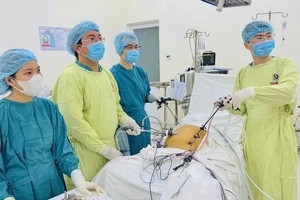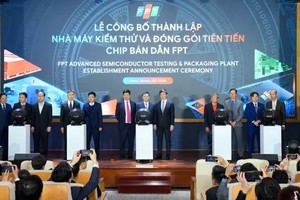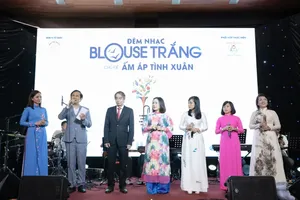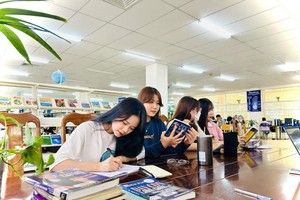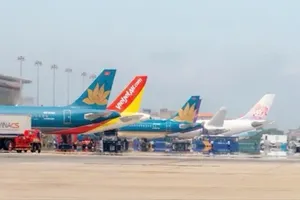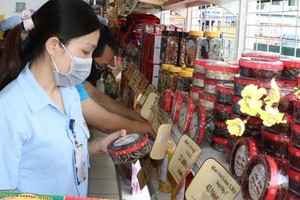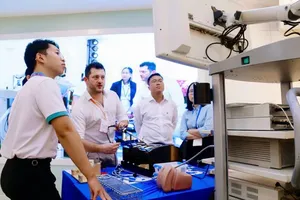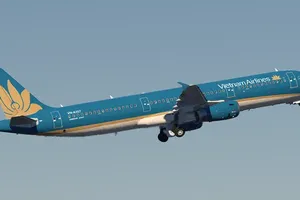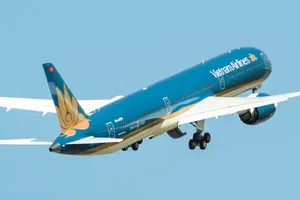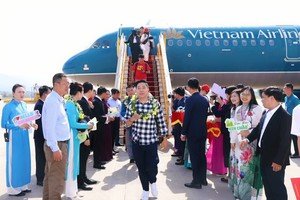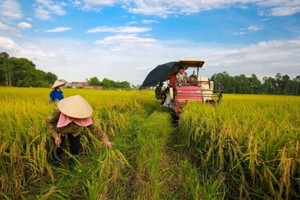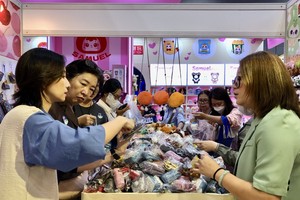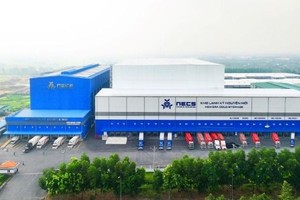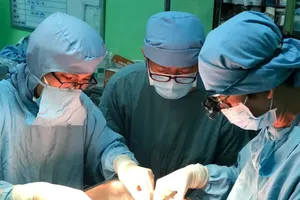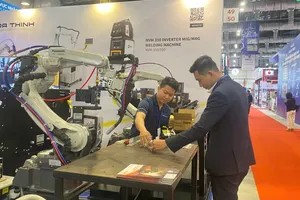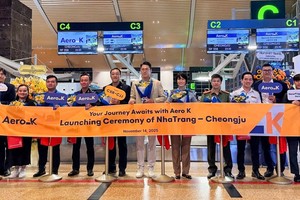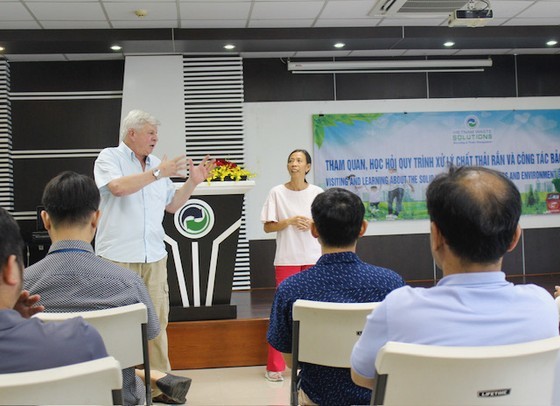 |
Mr. Kevin Moore, the CEO of Vietnam Waste Solutions Company Limited, answers questions about waste collection, management and treatment models |
The delegation included 13 specialist level 2 doctors working at big hospitals and medical facilities in Ho Chi Minh City. The field trip is to improve training associated with practice for the city's medical specialist staff.
At the Da Phuoc Waste Treatment Complex, Mr. Kevin Moore, the CEO of Vietnam Waste Solutions Company Limited (VWS) -- the investor and operator of the complex, introduced the establishment history, models and process for waste management at the factories inside the complex including a leachate treatment factory, a power collection and generation plant from landfills gas, a factory for manufacturing compost fertilizer, a factory for recycling disposal of waste and so on.
The VWS receives and processes on average 6,000 to 6,500 tons of waste per day, accounting for 70 percent of the city's total waste. Especially, the company recycles disposal of waste to make compost fertilizer, electricity and so on.
Answering the question "Do landfills affect water sources?", Mr. Kevin Moore affirmed that before starting construction of the Da Phuoc Waste Treatment Complex Project, the VWS hired a team of leading experts to perform mine clearance, dig up the entire roots of trees at the site to prevent their effects to underground water sources.
Landfills leachate is moved to the underground pipe system for collection, transport and treatment at the specialized factory under a strict process of American technology.
After that, the doctors had a chance to visit landfills, production systems of compost fertilizer and leachate treatment factories.
CEO Kevin Moore answered questions about the waste collection, management and treatment models at the complex.
The representative of Center for Disease Control of Ho Chi Minh City said that the visit is to help doctors grasp the waste treatment process of VWS, which is one of the most modern and methodical waste treatment companies in Vietnam at the current time. Through the survey visit, the doctors are likely to learn about more practical information to contribute to propaganda for residents and other medical staff about environmental protection.
Some photos in the field trip:
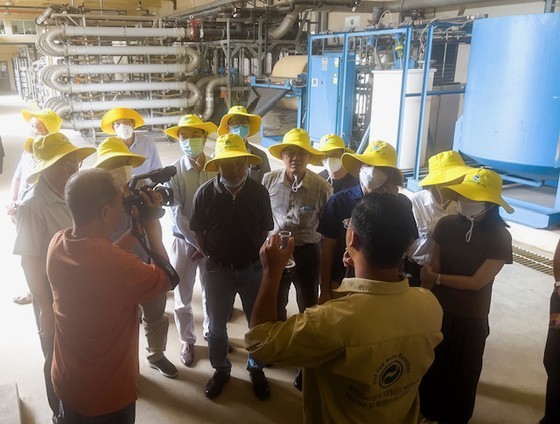 |
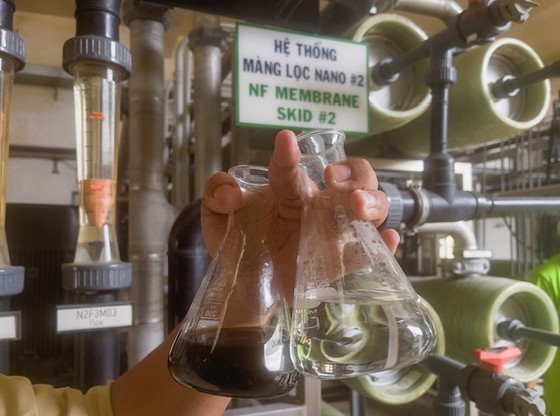 |
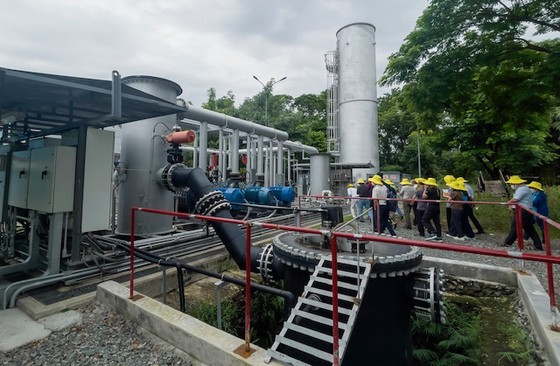 |
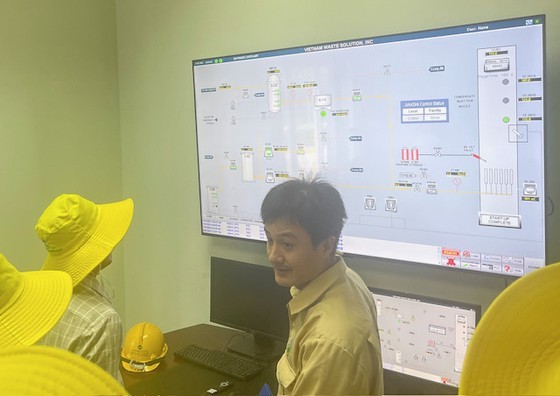 |
